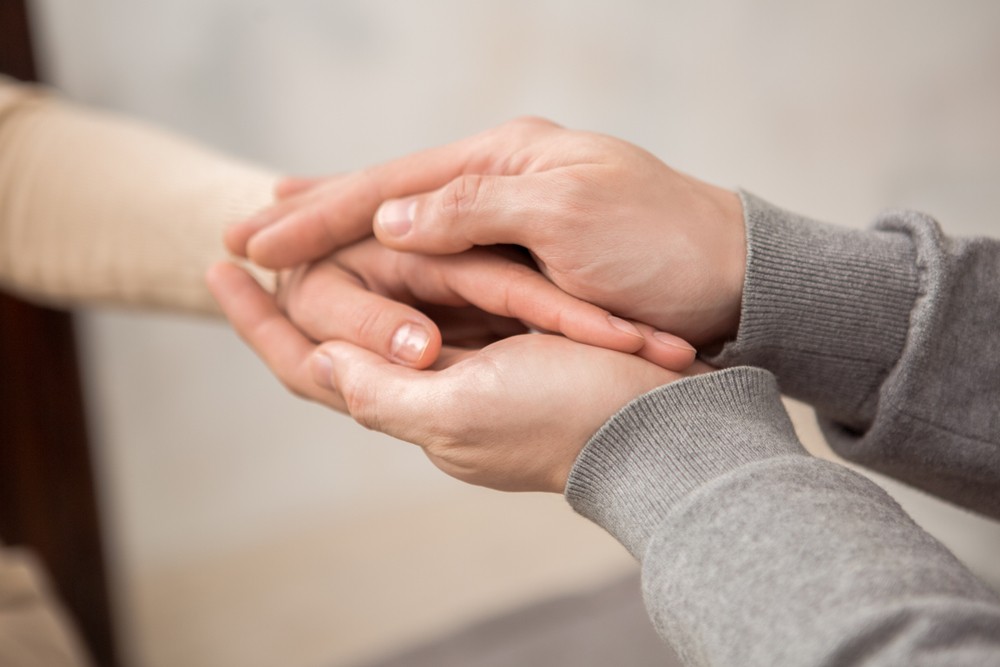Popular Reads
Top Results
Can't find what you're looking for?
View all search resultsPopular Reads
Top Results
Can't find what you're looking for?
View all search resultsPsychological consultation hotline launched in virus-stricken Indonesia
The government has launched a psychological consultation service to ensure the public’s mental health at a time of elevated stress.
Change text size
Gift Premium Articles
to Anyone
The government has launched a psychological consultation service to ensure the public’s mental health during the coronavirus outbreak.
The service, called the Psychological Services for Mental Health (Sejiwa) program, aims to ensure the mental health of COVID-19 patients and the increasingly anxious public. It was initiated by the Executive Office of the Presidential.
“The [executive office] deems a national psychological service necessary to ensure the mental health of the people,” Presidential Chief of Staff Moeldoko said during a press conference to launch the service on Wednesday, adding that the program had received the go-ahead from President Joko “Joko” Widodo.
The psychological consultation service can be accessed by dialing extension 8 on the National COVID-19 hotline of 119, where the caller would be connected to one of 162 volunteer psychologists from the Indonesian Psychology Association (HIMPSI).
The psychologists would provide multi-tier psychological support, from providing self-care and early psychological help to referring the callers to 533 psychologists across the country for further counseling and psychotherapy if necessary.
Present during the conference, Health Ministry’s health services director general Bambang Wibowo said that, while there had yet to be a study connecting COVID-19 to deteriorating mental health, past pandemics and disasters such as the 2003 SARS pandemic and the 2004 Aceh tsunami had been connected to long-term mental disorders, such as post-traumatic stress disorder (PTSD), that could still be diagnosed years after the incident.
He added that the psychological impact could affect the vulnerable demography, such as the elderly, children, teenagers and health workers.
Moeldoko also expressed hope that the program could help women and children experiencing domestic abuse during a period where people are advised to stay at home, as the Legal Aid Foundation of the Indonesian Women’s Association for Justice (LBH APIK) reported 59 cases of physical and sexual violence from March 16 to 30.
The Women’s Empowerment and Child Protection Ministry also reported 275 cases of violence against women and 368 cases of violence against children between March 2 and April 25, affecting 277 women and 407 children.
“Women and children are vulnerable to the COVID-19 impacts in terms of health, social security and financial security,” Women’s Empowerment and Child Protection Minister I Gusti Ayu Bintang said during the conference, adding that the ministry would continue to provide assistance and protection for victims of domestic abuse amid the national health crisis.
Nursita Tyatsutami and her mother, who become cases 1 and 2 of COVID-19 in Indonesia back in March, said that mental health also played a key role in keeping the body healthy and ready to fight the virus causing COVID-19.
Nursita said that she and her family had felt stressed not only because she had contracted the disease but because her identity had been revealed and garnered unwanted attention from media outlets and the public. The pressure had caused her symptoms to worsen during the later stage of her treatment, she claimed.
“I also experienced a mental breakdown shortly after I left the hospital due to the external pressure, but a psychologist who was an acquaintance of my friend helped me,” she said at the same occasion.
“I talked with the psychologist for the whole day, spending hours to tell my experience until I felt relieved. My blood pressure finally went down and I could breathe easily again,” she said.











